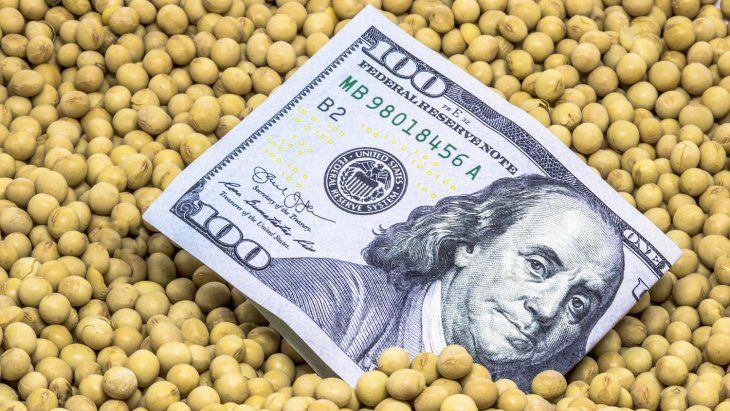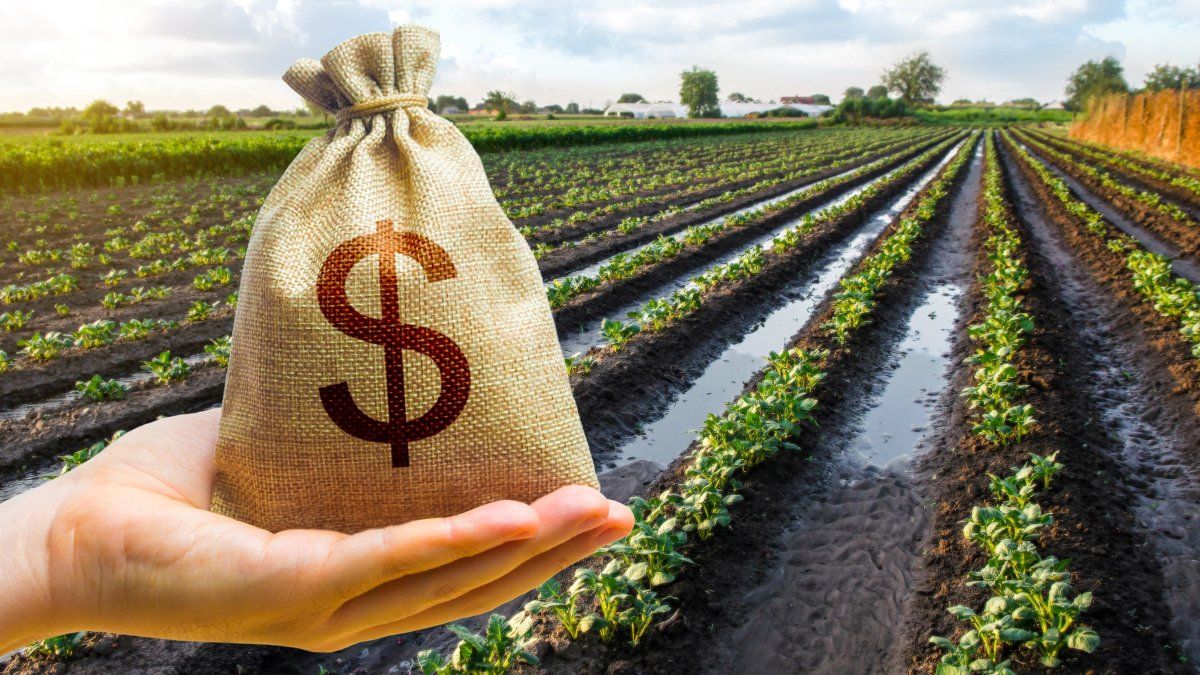Milei’s desire to use the State to promote scams that benefit a few and harm most Argentines seem to have no brake. This time, the coup went straight to the field, more precisely to the producers.
Less than a week ago, while the presidential spokesman said “The old policy seeks to generate uncertainty (sic) to boycott the government program,” announced zero withholdings for grains until October 31. But the measure lasted just three days and the tax benefit excluded the first link in the chain: the producers, especially to the medium and medium.
In that brief period, a few large cereal and exporters declared future exports without retentions for more than US $ A7,000 million equivalent to almost 20 million tons of grains. There are strong doubts about whether they really have in their possession with that volume or if the production that they still have to buy the cheaper buy, this time, with a retention of 26%. The result was overwhelming: in just three days they obtained a net gain greater than US $ 1.5 billion, while the State ceased to receive tax revenues for the same amount.
DOLLAR GRANS RETENTIONS FIELD
Free retentions were not for everyone.
Depositphotos
Through a maneuver that disagrees with the Legislative Power, the Milei government suspended the application of the Emergency Law in Disability under the argument of “There is no money.” There is no money for the disabled, retirees, claw or public universities, but to give more than US $ 1,500 million to large cereals with the aim of sustaining the current exchange scheme during the electoral process.
These more than US $ 1.5 billion represent the funds that are missing today to finance public works, completely paralyzed by this government and whose absence also hits agricultural production. Just look at National Route 33, vital for the sector by connecting the ports of Bahía Blanca and Rosario and that remains in a state of abandonment. They are also the missing resources to develop the necessary infrastructure to increase production and exports, such as the construction of the Magdalena Canal, a strategic work in the field of sovereignty, which would also enhance the commercial competitiveness of our country.
Betting on a future of well -being challenges us to think about a country on solid development bases for the 21st century. But first, it is essential to put a brake on the scam that embodies the economic model of this government, whose central policy is indebtedness. A policy that translates into the absence of measures to boost the domestic market, in resigning an industrial policy, an abrupt fall in investment in science and technique and in the lack of an agricultural policy. In this sense, the dismantling of INTA does not obey economic efficiency criteria, but to a purely ideological decision that puts at risk the future agricultural of Argentina. This policy has weakened a decentralized, autonomous and deep territorial roots, key to incorporating added value to the sector.
The current, destructive and unstable economic model is closely linked to a foreign automatic alignment policy with the United Stateswhich does not know that, as Pope Francis warned, we are going through a time change.
DOLLAR SOJA GRAINS CONTENTS

The loss of autonomy in our decisions is exemplified with the clear lobby of the great American farmers.
The unipolar world led by that country no longer exists: today we travel a multipolar scenario, with multiple actors disputing hegemony. At the same time, global financing caused an economic and commercial fragmentation that reconfigured globalization, leading to the resurgence of protectionism and the proliferation of tariff measures that affect value chains and generate increasingly unpredictable and unfair rules. This foreign policy, in addition, is complemented by a logic of serial indebtedness that limits the development perspectives, compromises our resources and restricts the full exercise of sovereignty, mortgaging the future of the country, especially that of new generations, which must face an unpayable debt and the conditions that creditors are imposed.
The loss of autonomy in our decisions is exemplified with the clear lobby of the great American farmers: The withholdings returned as soon as Scott Besent, secretary of the United States Treasury, publicly demanded it on the X platform, in the middle of the negotiations for the SWAP with that country.
An agricultural policy that really favors producers depends on the development of a federal, inclusive and territorial productive matrix that generates added value, in which Argentine work and investment in science, technical and innovation are the differential nucleus. A food producing country cannot accept that imports grow exponentially, putting their own producers at risk. At the same time, it is essential to guarantee public works, since the abandonment of routes and infrastructure increases logistics and production costs, to the detriment of competitiveness. To this scenario is added the strategic loss that meant not to enter the BRICS, renouncing a block that concentrates more than 50% of the world’s population.
We have the challenge of producing more and with greater added value. For this, it is necessary to recognize the diversity of actors of agro -industrial chains, add new producers and diversify production. In this way, it is essential to defend and enhance regional economies, a true engine of development. Only then can we build an equitable productive model and prevent dollars from depending exclusively on the agro -export sector.
Former Minister of Defense, former Minister of Foreign Affairs, former national senator and candidate for national deputy by force Patria.
Source: Ambito
David William is a talented author who has made a name for himself in the world of writing. He is a professional author who writes on a wide range of topics, from general interest to opinion news. David is currently working as a writer at 24 hours worlds where he brings his unique perspective and in-depth research to his articles, making them both informative and engaging.




